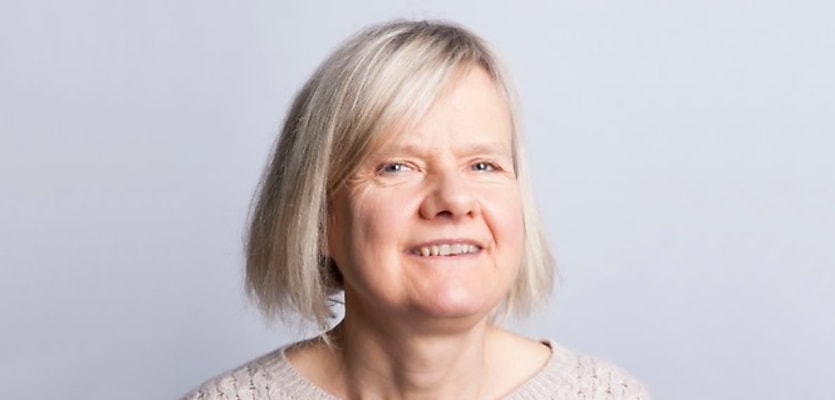As Australia has crucial conversations about domestic violence, a community housing body launches new national standards to support victim-survivors.
The Community Housing Industry Association (CHIA) has launched a suite of new reforms to better equip housing providers to support Australian tenants with experiences of domestic and family violence.
The move follows a growing wave of concern about violence against women in recent weeks, and increasing calls to action from within the property industry.
Many domestic violence survivors face barriers to accessing a rental property, or choose not to disclose their situation out of fear of having their tenancy application rejected.
Under the CHIA’s new standards, victim-survivors will be given the chance to move house where required, and staff will be trained in how to work with victim-survivors and help them access support services.
Seven areas will be covered under the reforms: upskilling the workforce, facilitating access to support, property maintenance, monitoring performance, advocacy, expanding housing services to victim-survivors, and governance.
Wendy Hayhurst, CEO of CHIA, stated: “Domestic and family violence is the most common cause of homelessness and results in thousands of women and children turning to crisis accommodation each year.”
“The availability of social and affordable rental housing is a key mechanism allowing them to escape and rebuild their lives,” she said.
With the launch of the new national standards, Hayhurst hopes that “when victim-survivors are offered a permanent home, it is safe, secure and provides access to the support services they need”.
Simone Parsons, chief operating officer of Bridge Housing, a Sydney-based community housing provider, welcomed the new standards.
“We have seen a year-on-year surge in women and children escaping domestic and family violence who need a safe, stable home where they can rebuild their lives,” Parsons said.
“These standards will assist us to respond and support victim-survivors by placing them at the centre of what we do, providing inclusive services and collaborating with domestic and family violence specialists.”









You are not authorised to post comments.
Comments will undergo moderation before they get published.